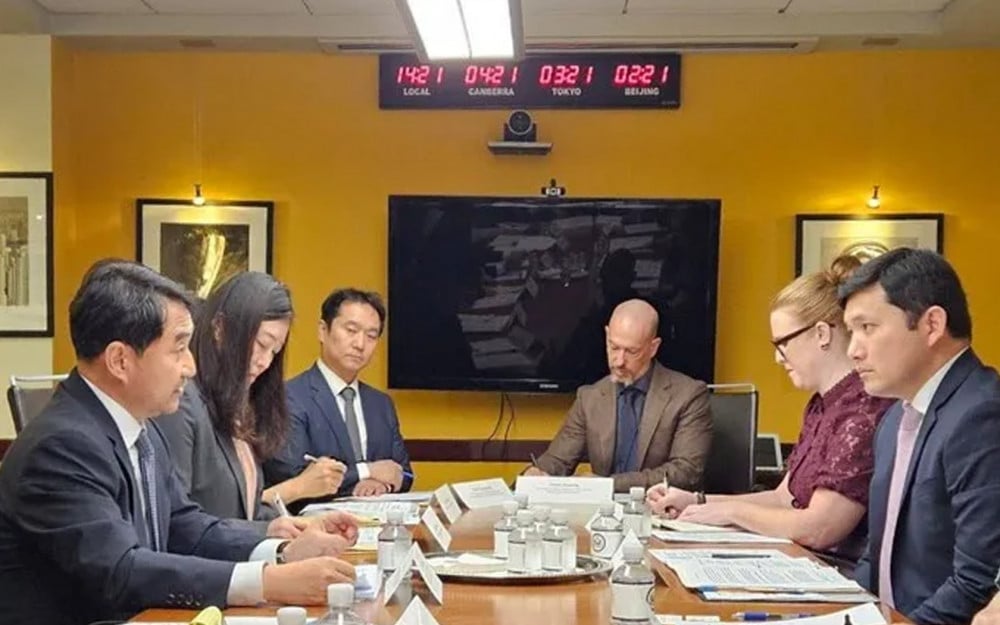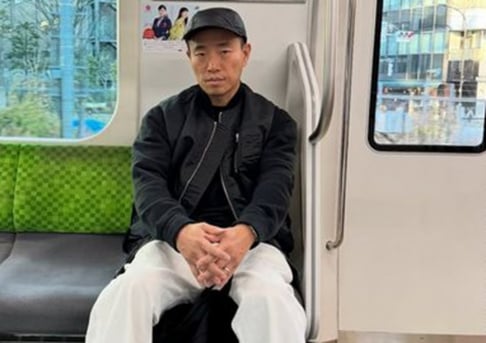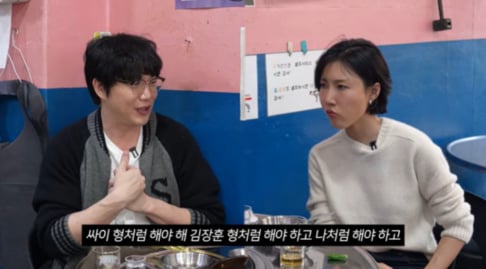
The Korea–U.S. working group on improving the U.S. visa system held its first consultation and established guidelines regarding short-term business (B1) visas and the Visa Waiver Program’s Electronic System for Travel Authorization (ESTA).
The Ministry of Foreign Affairs announced on October 1 that delegations from both governments officially launched the “Korea–U.S. Business Visit and Visa Working Group” in Washington, D.C., the previous day (local time), and held their first consultation to discuss ways to facilitate the entry of Korean companies investing in the United States.
At the meeting, U.S. Deputy Secretary of State Christopher Landau stated, "We welcome the entry of personnel needed for Korean companies’ U.S. investments, and to prevent future difficulties for investing companies, we will take necessary measures such as setting up a dedicated desk at the U.S. Embassy in Seoul."
During the talks, the two sides clarified the scope of activities permitted under short-term business visas. The U.S. reaffirmed that Korean companies may use the B1 visa for activities such as the installation, inspection, and maintenance of equipment purchased overseas in connection with U.S. investments, and confirmed that the same activities are also possible under ESTA. They agreed to release a fact sheet with these details to the public soon. This clarification comes after most of the Koreans detained in Georgia last month had been carrying B1 visas or ESTA, prompting a move to prevent similar disputes.
In addition, the two countries agreed to set up a dedicated desk at the U.S. Embassy in Seoul to serve as a communication channel for Korean companies investing in the U.S. This business-dedicated desk, which will provide guidance and consultation on visa-related matters, is scheduled to begin operating within the month. Details will be posted on the embassy’s website.
Following Korea’s proposal to strengthen cooperation between Korean consulates in the U.S. and American immigration enforcement agencies, both sides also agreed to establish direct contact channels between Korean missions and branches of U.S. Immigration and Customs Enforcement (ICE) and Customs and Border Protection (CBP) for closer collaboration.
As for the “Partner with Korea Act,” which would guarantee a quota for Korean professionals, the two countries agreed to continue discussions. The Korean government stressed that fundamental institutional reforms beyond the newly announced measures are necessary for the successful completion of current and future Korean investments in the U.S. In response, the U.S. side noted that, given legislative constraints, this will not be an easy task but promised to continue reviewing possible measures.
Representatives at the meeting included Korea’s lead delegate Jeong Gi Hong, Director-General for Overseas Koreans and Consular Affairs, along with officials from the Ministry of Trade, Industry and Energy and the Ministry of SMEs and Startups. On the U.S. side, the delegation was led by Kevin Kim, Senior Official for East Asian and Pacific Affairs, with officials from the Department of Homeland Security, Department of Commerce, and Department of Labor also in attendance.
SEE ALSO: Korean netizens outraged after court grants suspended sentence in sexual crime involving minor
 SHARE
SHARE






































